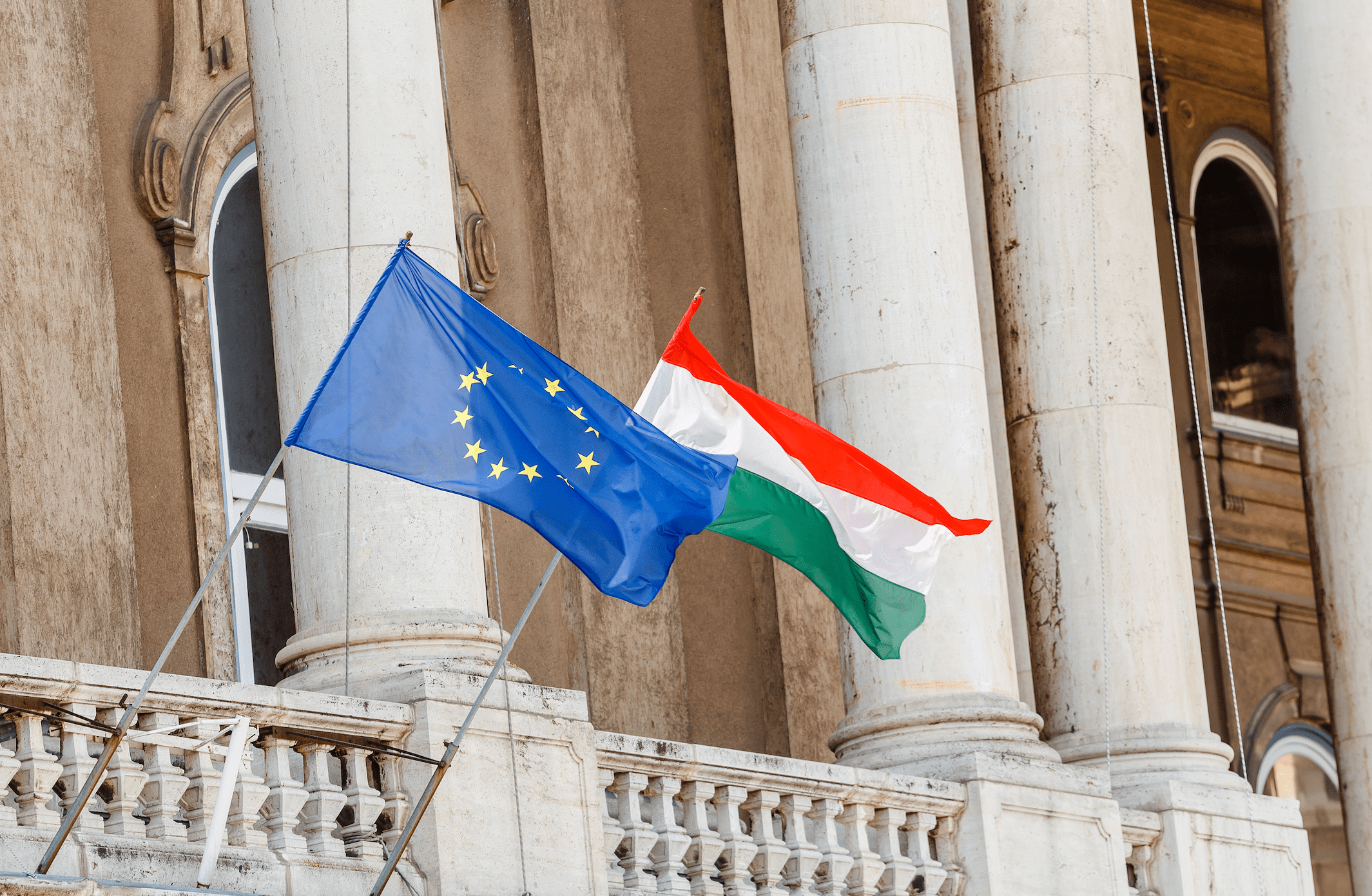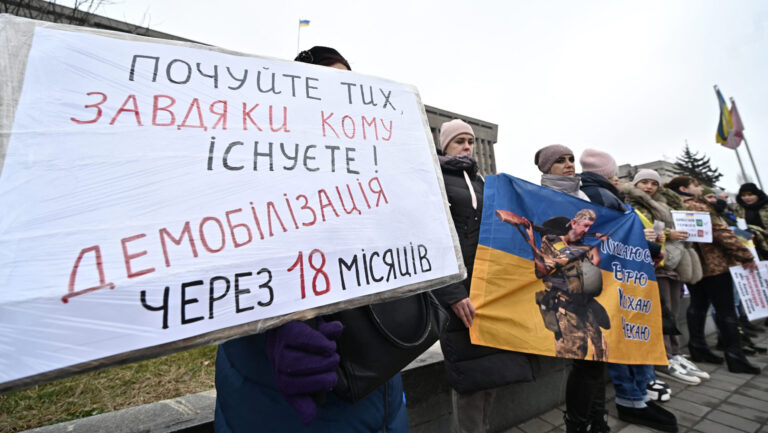Four highly influential members of the Fidesz-KDNP Party Alliance, László Kövér, Zsolt Semjén, István Simicskó and Máté Kocsis published a joint proposal entitled, “Concerning the interests of Hungary in connection to the future of the European Union”, on 21st June 2022. The proposal outlines what necessary changes the 5th Orbán-government envisions for the European Union (EU). The proposal was the topic of debate in the parliament on the 28th of June.
But what sparked the birth of the proposal? According to the “General Justification” chapter of the proposal, the main reason is that the Conference on the Future of Europe, which is meant to foster ideas and discussions about crisis management – by EU citizens – had outstanding Hungarian activity and the government felt compelled to stand by these ideas. Despite the fact that the conference seemed to push the interests and viewpoints of Brussels, the Hungarian participants were exceptionally active.
The Conference on the Future of Europe had outstanding Hungarian activity
Although continuous hardships are inevitable for the EU, such immigrational waves, pandemics, recessions, or the ongoing armed conflict at our borders, managing these calamities and the protection of our citizens is a must. The EU is seemingly ill-equipped to deal with the potential crises, so in order to protect the citizens of Hungary and other member states, fundamental changes are necessary. But what exactly is the Party Alliance’s vision for the EU?
The key takeaways from the proposal are as follows:
- The ‘process of creating an ever-closer union’ clause should be omitted from the “Treaty on European Union”
- Europe’s culture, rooted in Christianit, is the founding block of the EU; that which serves as a moral compass in times of uncertainty. The Treaties should reflect this.
- The ability for Europe to defend itself is essential. Military strength, as well as military facilities should be bolstered, and a collective European military should be created.
- The current and future generations of the EU must be protected. The handling of demographic challenges as well as the protection of families should be a clear objective of the Treaties.
- The authority of joint bodies and institutions should be limited.
- Instead of having general elections for the European Parliament, the individual governments of the member states should be able to send delegations to ensure real political legitimacy.
- Not only should member states be given veto rights to veto EU law-making, they should also be able to initiate the process themselves.
- The Treaties should include codified protection and support for native European minorities.
The points presented in the proposal aim to solidify the sovereignty of the member states, unify their military power, ensure political legitimacy, curb the authority of Brussels and at the same time expand the authority of member states, and in general protect the citizens and families of the EU.
Most important of all is the protection of our core European identity. As T.S. Eliot put it1, European culture is bound to break down if we are too diverse, but at the same time it is also bound to fail if we are too much alike.
The unifying force is undoubtedly religion
But what is it that we mean when discussing European culture? According to Eliot, the general lifestyle of those living together, which can manifest itself in arts, demeanour, and religion. But what is the primary unifying force which binds the ever so diverse member states of the EU together? The unifying force is undoubtedly religion. The shared Christian tradition, that brought with it shared cultural elements, made Europe what it is today. Most things from law to arts can be traced back to a religious root. Regardless of secularisation, or whether people held on to their beliefs, if the importance of Christianity decreases drastically, our shared European culture will wither away. The 2000 year-old “Christian Tradition” must be protected.
In conclusion, in this present era of uncertainty and unpredictability, the EU must stand its ground and deal with the hardships with which it is faced. For this to be possible, some changes must be made to how the EU functions sooner rather than later.
[1] Eliot, T.S. Notes Towards a Definition of Culture, Gardner Books (31 December 1972)








